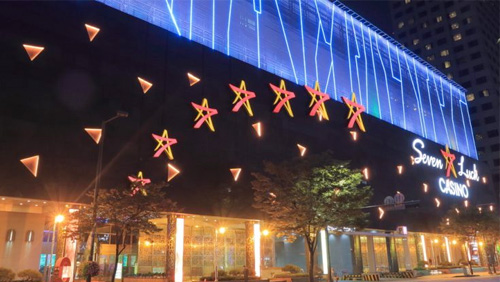When Yoo Tae-Yeol was named as the new chief executive officer of Grand Korea Leisure Ltd. (GKL) in June 2018, he was viewed by many as a kind of “savior.” A J.P. Morgan Securities report highlighted a 1% decrease in revenue for the company in the first quarter of 2018,  prompting a change in leadership at the top of GKL.
prompting a change in leadership at the top of GKL.
While the change may have been needed, it has not produced the desired effect that executives at the company had hoped. According to reports filed with the Korea Exchange, the company saw a 51.8% drop in profits in the final quarter of 2018.
The company reported a total profit in the fourth quarter of $6.1 million. This comes as total revenue generated by the three casinos run by Grand Korea Leisure reported significant losses across the board. Total casino revenue fell by 15.7% from 2017, as revenue generated by machines declined to $51.3 million, a 14.4% decrease from the previous year.
A number of factors appear to be creating the decline, including a decrease in Chinese tourism during 2018. Tensions between South Korea and China increased during the year, and the increase in Japanese tourism was not significant enough to help mitigate the loss of revenue.
GKL is one of two businesses in South Korea that provides casino operations for those visiting from foreign countries. In fact, Grand Korea Leisure, along with Paradise Co. Ltd., cater their casino operations exclusively to those coming from outside of the country. Yet, despite the decline in tourism from South Korea’s largest neighbor, Paradise saw a dramatic increase in sales during the year.
Paradise Co. reported a 15.7% increase from 2017, generating $92.4 million more than they had the previous year. They also saw a dramatic increase in slot machine revenue, increasing 16.9% to a value of $38 million.
With these kinds of numbers, analysts are wondering how long it will be before Yoo Tae-Yeol is held accountable for the decline in revenue. With a 1% decrease leading to the termination of his predecessor, there can be no doubt that there is pressure on the new executive to make a rapid turnaround before he is ousted from the position.
With leaders from the government keeping a close eye on the declining profits and revenue, no one would be surprised to see a push for a change at the top of the organization.





